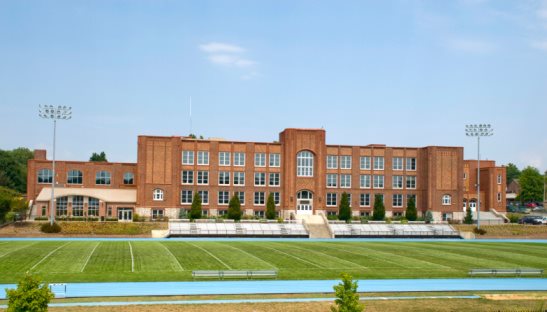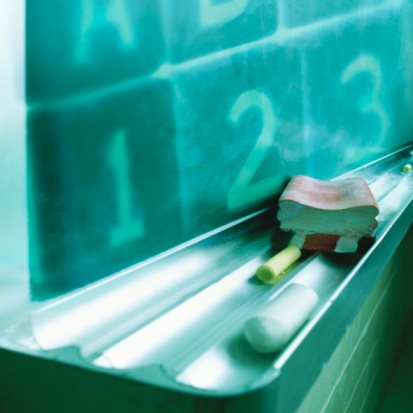Ireland Department of Education and Science


 The Department of Education in Victoria, Australia is
The Department of Education in Victoria, Australia is
known by the full name the Department of Education and Early Childhood Development.
The Department of Education and Early Childhood Development is a part of the
State Government. The role of the Department of Education in Victoria is to
provide policy and planning advice in order to make the delivery of education
more efficient. The Department of Education in Victoria serves an advisory role
for two different State Ministers: the Minister of Education and the Minister
for Children and Early Childhood Development.
The Department of Education in Victoria follows a three-tier model, which
consists of providing primary education, secondary education, and tertiary
education. Primary education takes place in primary schools. Secondary
education occurs in secondary schools or a secondary college. Universities and
Technical and Further Education schools provide tertiary education in Victoria.
Government schools provide free education until year twelve, although this does
not apply to overseas students or students who are over the age of 20 on
January 1 of the year in which they enroll. Religious and secular independent schools
can charge fees, which the Department of Education in Victoria subsidizes.
Despite the fact that non-tertiary education is free, 35 percent of
students attend a private primary or secondary school. The most of these private
schools are Catholic.
In Victoria, the academic year is generally from late January until
mid-December for secondary or primary schools, with Universities operating from late February through mid-November.
 The Department of Education in the Philippines is a Department of the Executive Branch in the Philippine Government. The Department
The Department of Education in the Philippines is a Department of the Executive Branch in the Philippine Government. The Department
of Education in the Philippines is also known by its previous name, the
Department of Education, Culture, and Sports. The Filipino name for the
Department is the Kagawaran ng Edukasyon.
Responsibility for Philippine educational policy and the Philippine primary and
secondary school systems falls to the Department of Education in the
Philippines.
The Governance of Basic Education Act of 2001 relieved the Department of
Education in the Philippines of the responsibility for administering cultural
activities, while also abolishing the Bureau of Education and School Sports.
The more complete name for the Governance of Basic Education Act of 2001 is An
Act Instituting A Frame Work of Governance for Basic Education, Establishing
Authority and Accountability, Renaming the Department of Education, Culture,
and Sports as the Department of Education, and for Other Purposes.
The National Historical Institute, Records Management and Archive Offices, and
the National Library have been removed from the Department of Education in the
Philippines and administratively attached to the National Commission for
Culture and the Arts, although the school arts and culture programs remain a
part of the school curriculum.
Responsibility for the functions, programs, and activities of the Department of
Education in the Philippines that related to sports competition were all
transferred to the Philippine Sports Commission, although the Department of
Education in the Philippines retained school sports and physical fitness as
parts of the curriculum.